DEI Voices: Peter Mousaferiadis - CEO & Founder at Cultural Infusion
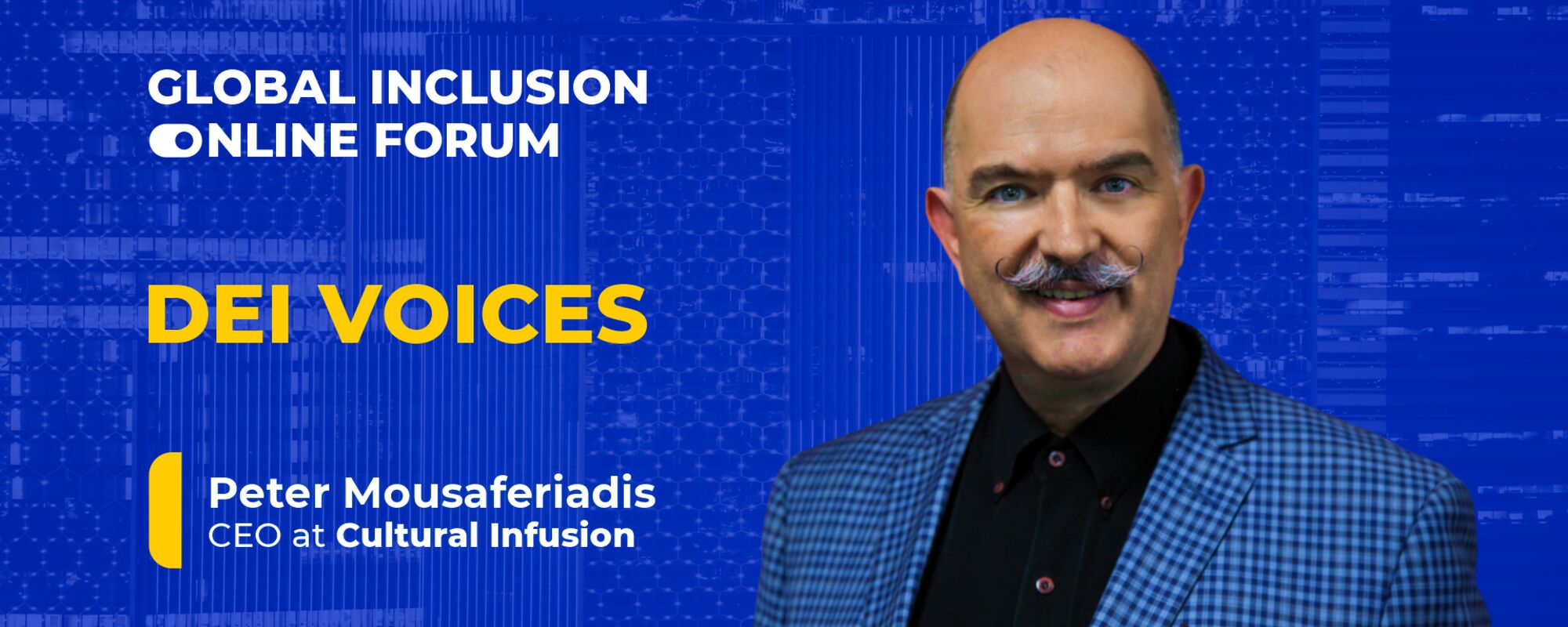
Peter Mousaferiadis is a thought leader in the space of culture and in utilizing culture as a driver of peace, sustainability, and innovation.
Peter began his career as a conductor and has since conducted, directed and produced large-scale international and intercultural productions for a range of clients, including the Parliament of the World’s Religions, United Nations, and nine Australia Day Live concerts.
He is a winner of numerous international awards in interculturalism, including the United Nations Alliance of Civilizations (UNAOC) Intercultural Innovation Award. He was also producer of the winning slogan “Diversified We Grow” for UNAOC’s “Do One Thing for Diversity” campaign. Peter is regularly called upon as a thought leader of culture as a driver of peace.
We asked Peter five questions about his DEI journey.
Q1. How can you describe company culture? From your own experience, does company culture influence a company's work atmosphere?
We know what culture is, and we know what a company is – both of these are reasonably common terms. But “company culture” is somewhat more nebulous. As a leader, I am forever trying to co-create a culture and an organisation where everyone continues to feel valued, appreciated and always keeps sight of our organisation’s vision. Reinforcing our vision keeps us on track and focused. This, coupled with leaning in with a heavy heart, by which I mean understanding the vulnerability of the people who work for me, I feel gets the best out of my staff.
Cultural Infusion, the organisation I founded and head, strives for a world that is culturally and socially cohesive. Workshopping and adopting a set of values that everyone can subscribe to and buy into is imperative in establishing a company culture. Our core values are based on the richness of our collective cultural heritage.
Every organisation has three main cultural dimensions that influence the culture of an organisation: the company culture that every individual is required to subscribe to; the individual culture which is shaped by lived experience and one’s own ethno-linguistic-religious background; and the national culture that an organisation operates in. Tension often builds between these different aspects of culture, and this can have an impact on company culture.
The ideals of diversity, equity and inclusion (DEI) underpin every aspect of our organisation – not only in the range of services and products we offer, but also in the way we aim to conduct ourselves as a group of people. Recognising that everyone’s lived experience and their ethno-linguistic-religious background shape how they approach culture is invaluable.
Developing a strong culture requires a nuanced understanding of every individual in an organisation, and this informs the roadmap to developing a sound culture.
Q2. Do you believe that a multicultural work environment has more advantages than drawbacks? Why do you think so? Can you share any real-life examples?
I have come to observe from my own practice that the more diverse an organisation, the more resilient it is. When we pool our diversity, we aggregate strength, resilience and the capacity to innovate. We are able to respond more successfully to challenges.
There are a myriad of studies that speak to the benefits of a multicultural workforce; however, there are also studies which highlight that a multicultural workforce is not always in and of itself a good thing. Diversity requires management, and when it’s done well the benefits outweigh the possible unintended consequences.
Recognising diversity means recognising, in particular, diversity of experience, thought and cultural background. Building diverse teams has also required me to think of how we develop inclusive cultures and what we are including people in. This has sometimes required interrogating and re-envisioning existing systems, processes and even structures.
The diverse teams we’ve built have allowed us to ensure the longevity of our organisation. Our company’s diversity has resulted in a range of new products and perspectives that have enabled us to be more responsive and adaptive to change, increased our productivity and given us the competitive edge.
In 2013, I coined the slogan “Diversified We Grow.” This slogan underpins the philosophy behind our organisation. Our diverse team has given us long-term sustainability and developed award-winning digital products and Software as a Service (SaaS) platforms now embraced by some of the largest organisations in the world.
Q3. What is your recommendation to overcome the unfair remuneration to workers depending on their country of origin and background? Are there any stories which stand out to you?
We need to be constantly vigilant against unfair work practices, not just in our organisation, but also in day-to-day life. There is a wealth of information now surrounding unfair practices–I am particularly thinking of sweatshops and the abuse of poverty-stricken people. We have the data on this; it is not hidden from us, but it has to be something we want to see. We need to look terrible truths in the face in order to rectify them.
Many of the organisations we are working with now through our data equity and transformational analytics are able to identify through a multifactorial analysis where equity is occurring and where it might not be.
Unfortunately diversity, and in particular cultural diversity, is still poorly understood, analytically neglected and in need of robust understanding. There are key metrics that underpin diversity, including variety, balance and disparity. Our analytics tool Diversity Atlas measures all these aspects, so a company gets a precise and nuanced picture of where their strengths and weaknesses lie in DEI terms.
To a large extent, the rise of identity politics has shaped social justice activism to take a singular focus rather than an intersectional approach, e.g., to focus on gender parity rather than how gender intersects across other dimensions of diversity such as ethnicity, appearance, ability and age. The unintended consequence of this limited approach has, in many ways, been a consolidation of the power of one group and diverted our attention from addressing root causes, i.e., the systemic and structural discrimination still inherent in our society.
What we are seeing in organisations because of this one-dimensional approach to DEI is more gender parity but very little representation of ethnic and racial diversity in key positions. This has resulted in staff from various backgrounds not accessing the salaries that those aligned to cultural hegemony are accessing.
Q4. What solutions does Cultural Infusion suggest to improve DEI in the workplace? What initiatives have you implemented while being the CEO?
In order to improve anything in the world, we need the information on where we are lacking; otherwise, how do we know what path to take? There are plenty of solutions out there to assist companies and organisations embarking on their DEI journey, but the most important way to begin is a data-driven approach. Diversity Atlas, with its massively inclusive datasets, allows staff to see themselves reflected in the platform and has allowed us to celebrate the richness within our own organisation. Organisations can learn exactly who they are and then work towards who they want to become.
Focusing on the data that is available is not enough. Organisations also need to focus on the data they are unable to see. This unseen data often speaks volumes and has informed a range of our own diversity recruitment strategies as well as deepened our engagement with our staff through cultural and psychological safety programs.
Q5. Can you describe a situation where you have improved your skills by working with a person from another culture?
Culture is about more than ancestry or linguistics; it includes other intersectional aspects of identity. Sexuality, gender identity, religion and worldview, disability status – all these aspects play a role and collectively form individual identities. Recently, I have participated in some online courses to improve my understanding of neurodiversity. I believe that to understand the people I work with, understanding the way they view the world is important, as this fosters a culture where all people are seen and accommodated.
By working with people from a wide range of cultures, I have become more nuanced and receptive to the differences between individualistic versus collective cultures and how that plays out in terms of how we interact with each other. I have developed agility and fluidity to adapt to various people and settings.
Discovery of the other reinforces the self, empathy and compassion, but more importantly enables intercultural understanding as a core competency and key value. After more than 30 years of work in this field, I have come to realise that the most important way to evolve and develop skills is by coming to every setting with an open heart and open mind and to embrace vulnerability as a strength.
Did you enjoy reading the article? Stay tuned to our website, and social media pages for more articles as we continue to speak to fellow DEI practitioners, and advocates from around the globe! #DEIVoices #GlobalInclusionOnlineForum
To connect with Peter: https://www.linkedin.com/in/peter-mousaferiadis-76669737/
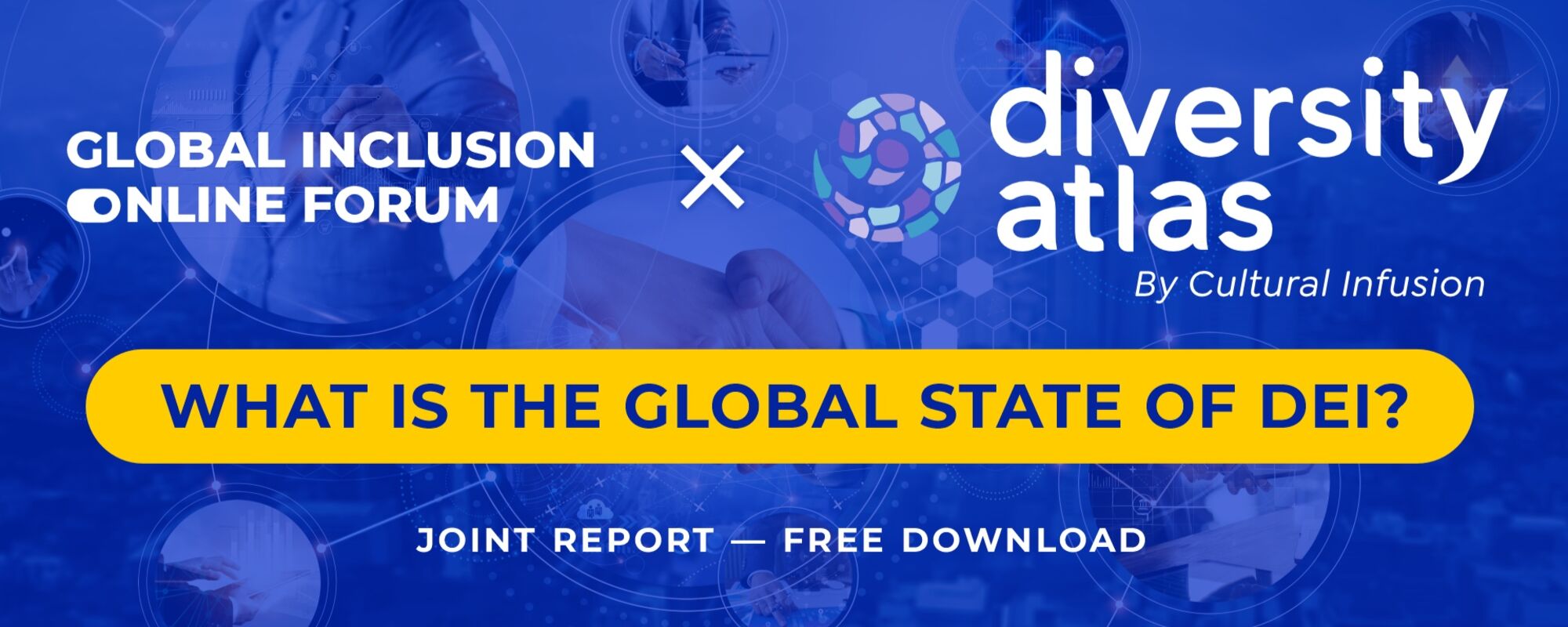
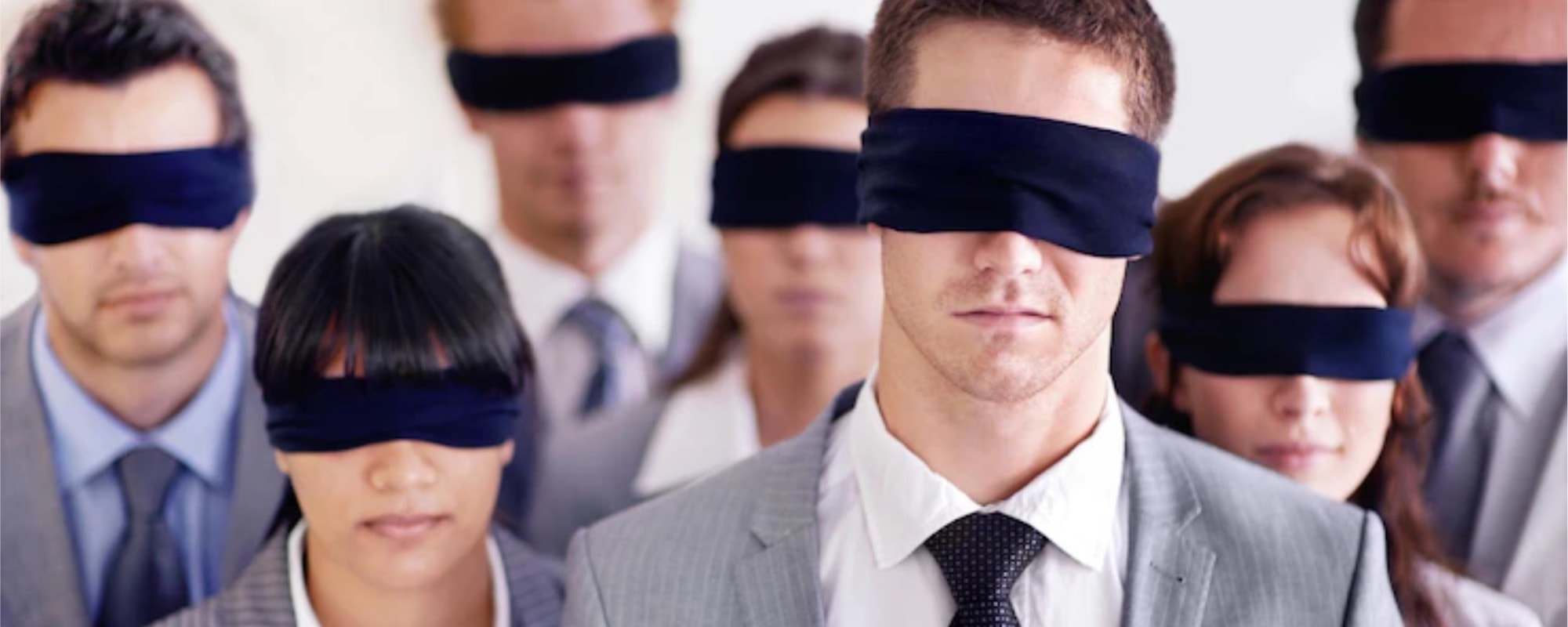 Blind Hiring Summit: Embracing the New Age of HR
Blind Hiring Summit: Embracing the New Age of HR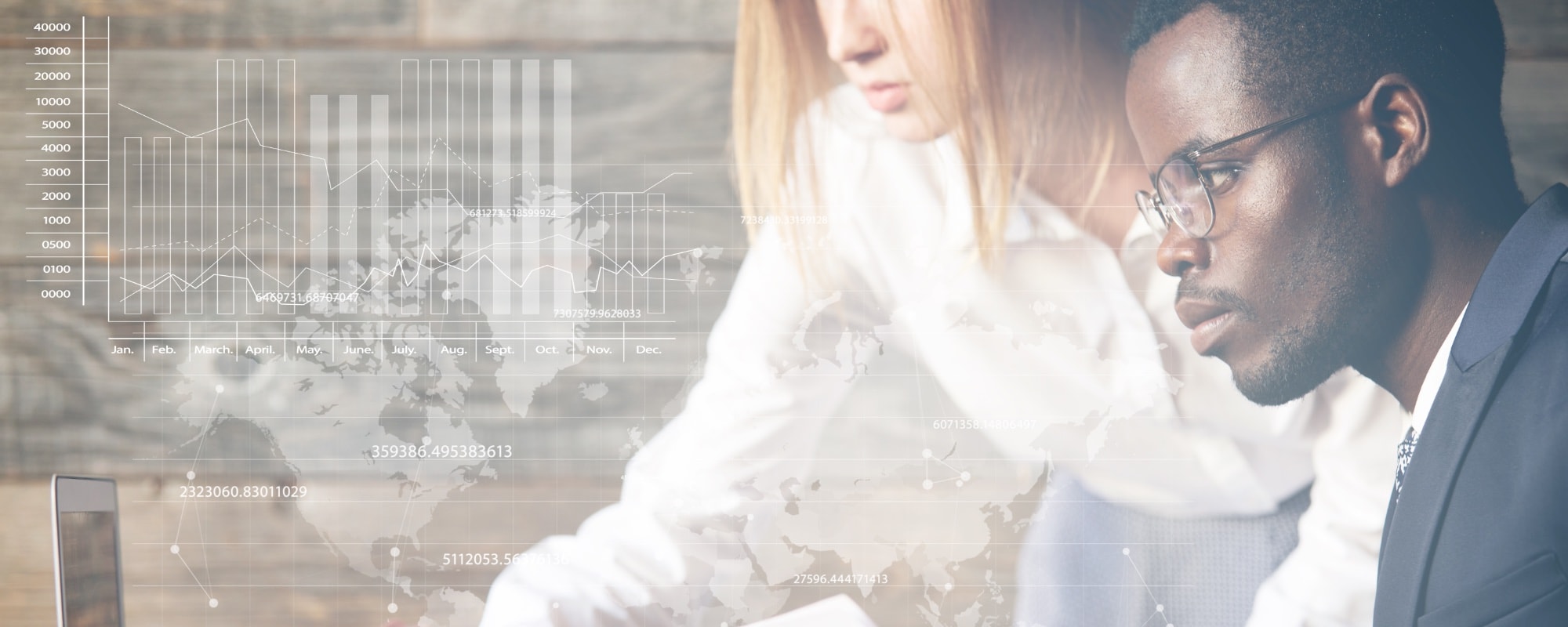 DEI Data Summit
DEI Data Summit Diversity Fatigue Summit
Diversity Fatigue Summit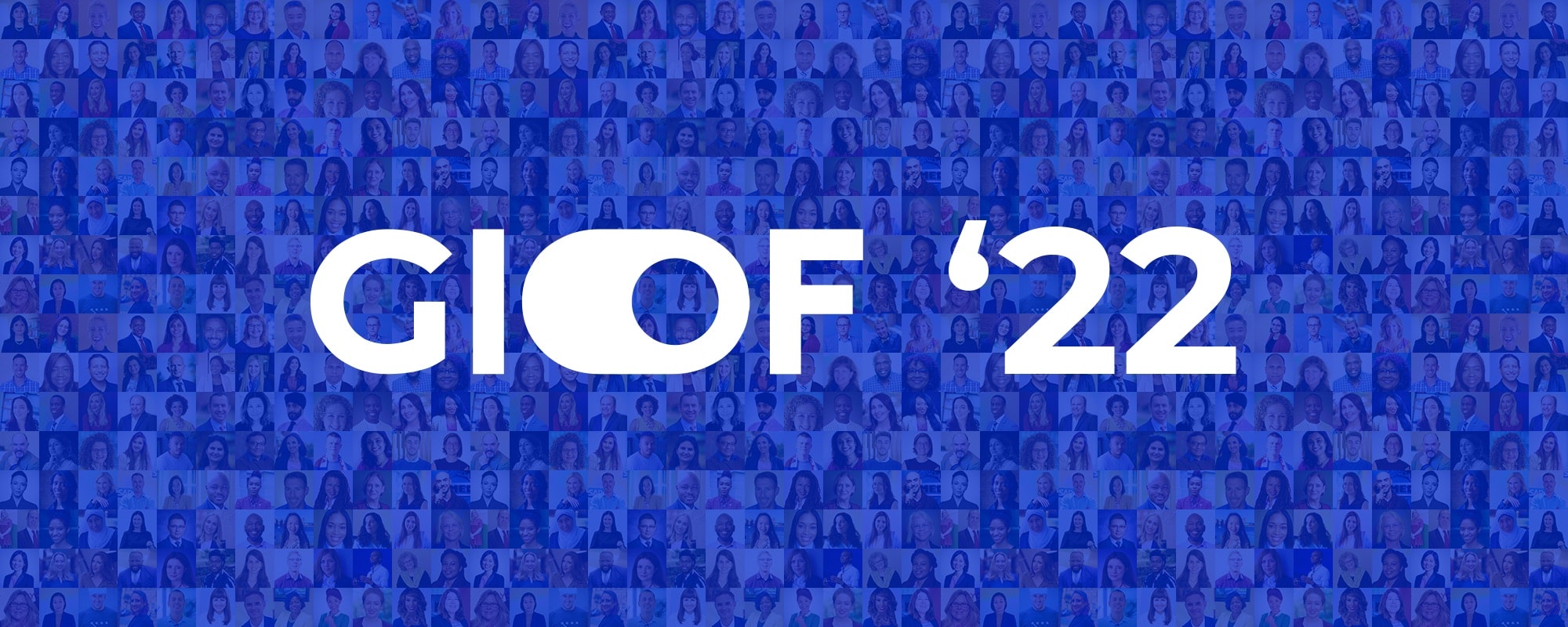 GIOF 2022 Annual Meeting
GIOF 2022 Annual Meeting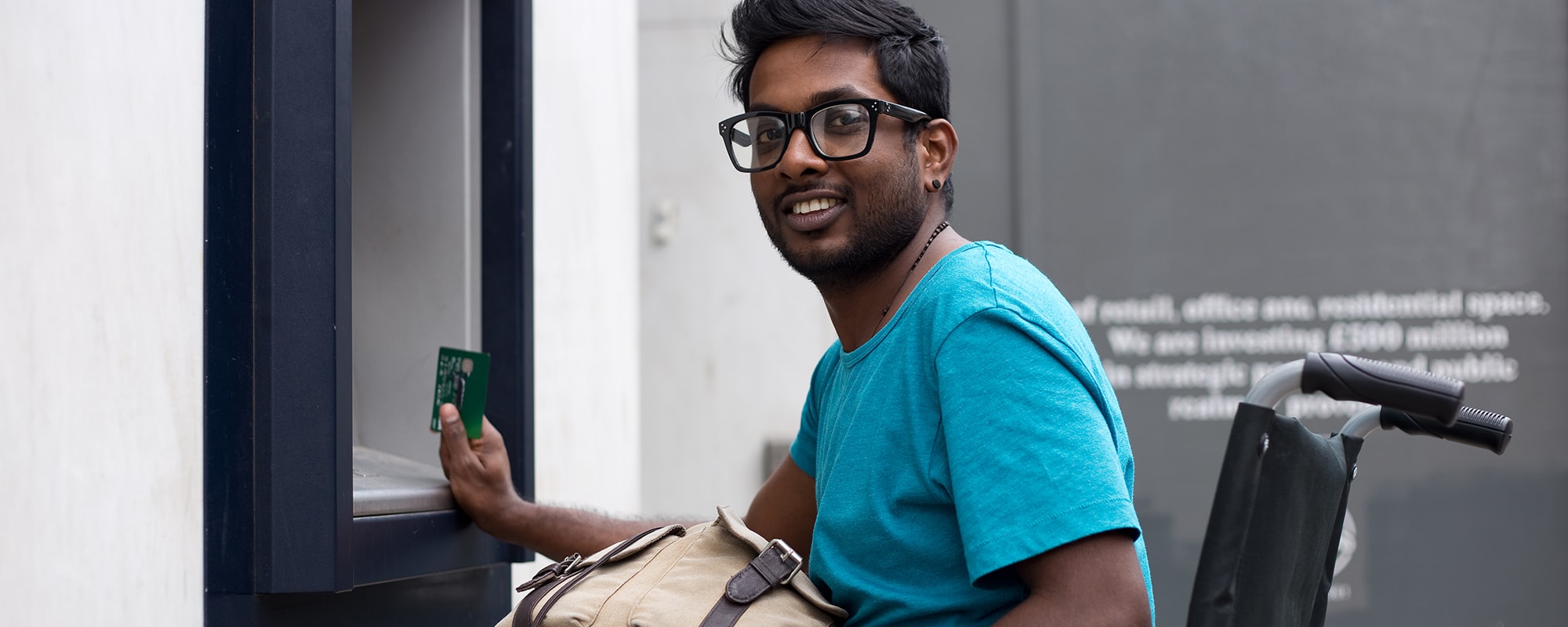 Banking for everyone: Arising accessibility trends in banking and financial services
Banking for everyone: Arising accessibility trends in banking and financial services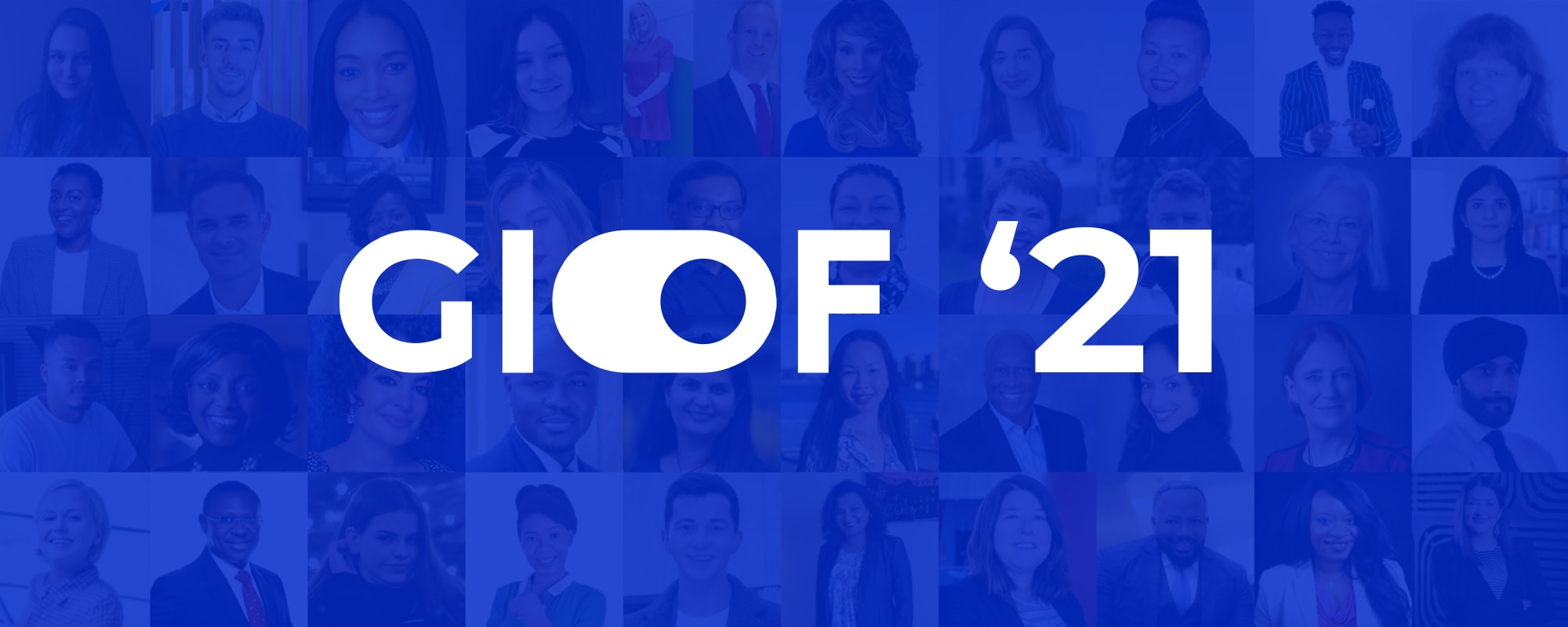 GIOF 2021
GIOF 2021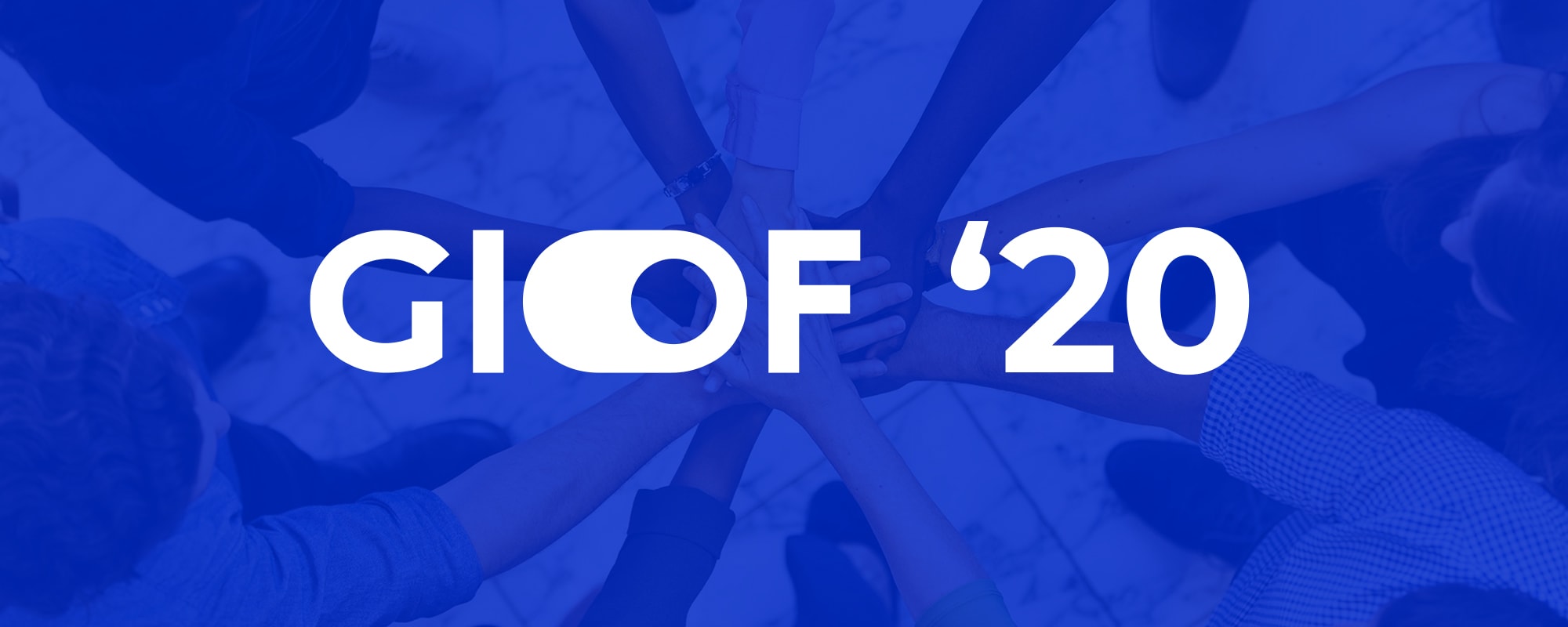 GIOF 2020
GIOF 2020